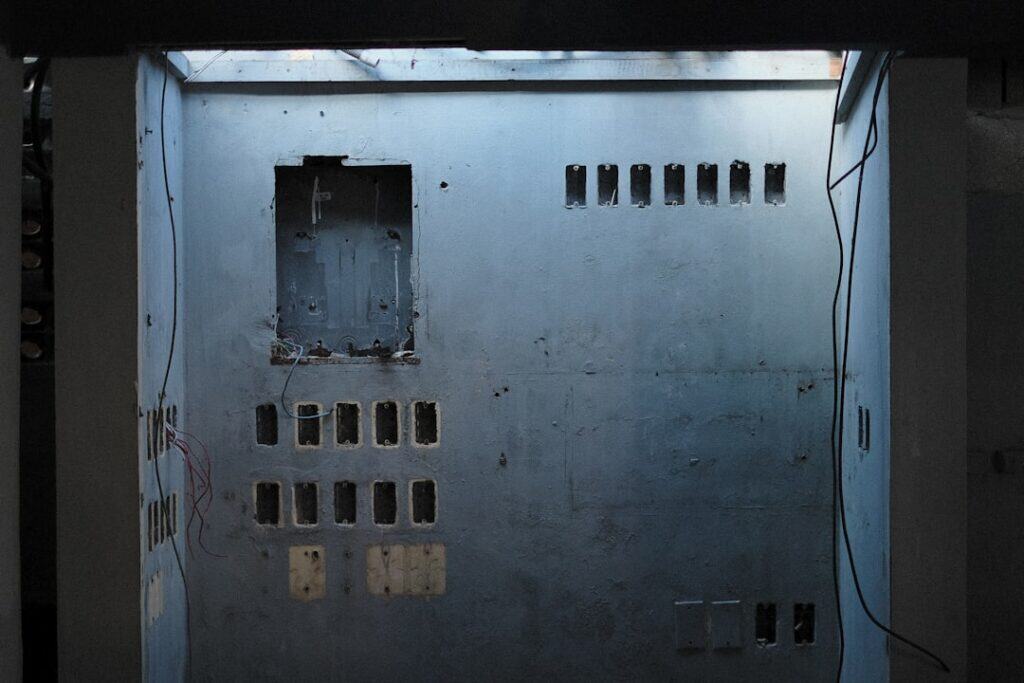A tragic incident at a Central New York prison has resulted in a wrongful death lawsuit after an inmate died following an alleged beating by corrections officers on March 1. According to the lawsuit filed on behalf of the deceased inmate, the state prison system has created an environment that allegedly emboldens officers to use excessive force against inmates without consequences.
The legal action claims that the culture of impunity was so deeply rooted within the correctional facility that officers allegedly beat the inmate to death "without concern or hesitation." This devastating incident has raised serious questions about the use of force policies and oversight within New York's correctional system. The original report can be found at: https://www.syracuse.com/news/2025/06/excessive-force-suit-filed-on-behalf-of-inmate-who-died-after-beating-by-guards.html
Common Causes of Excessive Force in Correctional Facilities
Excessive force incidents in correctional facilities can occur due to several contributing factors:
- Inadequate training on proper use of force protocols and de-escalation techniques
- Insufficient oversight and supervision of correctional staff
- Poor institutional policies regarding when force may be legally justified
- Lack of accountability measures for officers who violate use of force guidelines
- Understaffing leading to high-stress environments and poor decision-making
- Inadequate mental health resources for both inmates and staff
- Failure to properly investigate and address previous incidents of excessive force
- Cultural issues within correctional facilities that normalize aggressive behavior
When correctional facilities, their staff, or supervising authorities fail in their duty to protect inmates from harm, victims and their families may be entitled to seek legal compensation through civil rights violations and wrongful death claims.
Wrongful Death and Civil Rights Claims in Syracuse, NY
In cases involving excessive force by correctional officers, victims' families may pursue both wrongful death claims and federal civil rights violations under Section 1983. These legal actions recognize that inmates retain certain constitutional rights, including protection from cruel and unusual punishment under the Eighth Amendment.
Potential liable parties in such cases may include individual corrections officers who used excessive force, supervisory staff who failed to intervene or properly train officers, the correctional facility itself, and state or local government entities responsible for operating the prison. Families may seek compensation for medical expenses incurred before death, funeral and burial costs, loss of financial support the deceased would have provided, and the pain and suffering endured by surviving family members.
Damages and Compensation
Economic Damages include quantifiable financial losses such as medical bills incurred during treatment, funeral and burial expenses, and the loss of future earnings or financial support the deceased would have provided to their family.
Non-Economic Damages encompass the emotional and psychological impact on surviving family members, including pain and suffering, loss of companionship, and the mental anguish caused by the tragic circumstances of their loved one's death.
Punitive Damages may be awarded in cases where the conduct was particularly egregious or when there's evidence of deliberate indifference to inmates' constitutional rights. These damages serve to punish wrongdoers and deter similar future conduct.
Compensation calculations consider factors such as the victim's age, health, earning capacity, and relationship with surviving family members. Evidence needed includes medical records, witness testimony, expert opinions on use of force standards, and documentation of the facility's policies and training procedures. The purpose of compensation extends beyond financial restoration to include holding institutions accountable and deterring future violations of inmates' rights.
If you believe a loved one suffered harm due to excessive force or neglect while in custody, contact our experienced legal team to discuss your case. Our attorneys have extensive experience handling complex civil rights and wrongful death cases throughout New York State. You can reach us at info@porterlawteam.com or through our online contact form for a free consultation.
Did you lose a loved one due to excessive force in a correctional facility?
CONTACT USOur Recent Case Results
Settlement
Jury Verdict
Settlement
Settlement
Why Choose Porter Law Group?
The Porter Law Group brings decades of experience representing families whose lives have been devastated by tragic incidents involving excessive force and wrongful death. Our seasoned trial lawyers have the knowledge and resources necessary to take on complex cases against government entities and their insurance companies. We understand the unique challenges involved in civil rights litigation and have successfully handled cases throughout New York State.
Our firm operates with a statewide reach while maintaining a hometown feel, ensuring every client receives personalized attention during their most difficult time. We offer free consultations and work on a contingency fee basis, meaning you pay no upfront fees and we only get paid if we secure compensation for your case. Our team is dedicated to fighting for justice and holding institutions accountable when they fail to protect those in their care.
Contact Porter Law Group for Your Civil Rights Case
If you've lost a loved one due to excessive force or neglect in a correctional facility, don't wait to seek legal guidance. Time limits apply to these types of cases, and early investigation is crucial for preserving evidence and witness testimony. Contact the Porter Law Group today at 833-PORTER9 or email us at info@porterlawteam.com for a free consultation. We proudly serve clients across all of New York State and are ready to fight for the justice your family deserves during this difficult time.
Call 833-PORTER9 or email us at info@porterlawteam.com to schedule your free consultation. Time may be limited for filing your claim, so reach out today to learn how we can help you through this difficult time.







